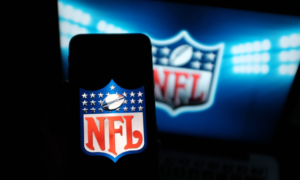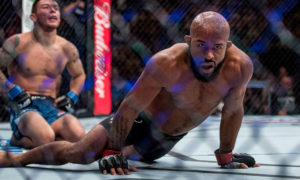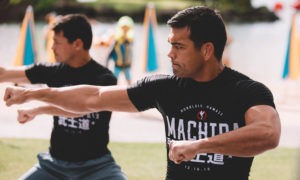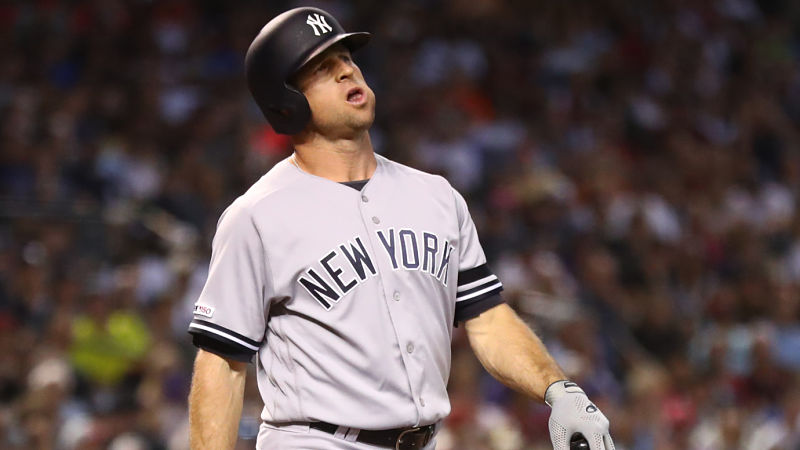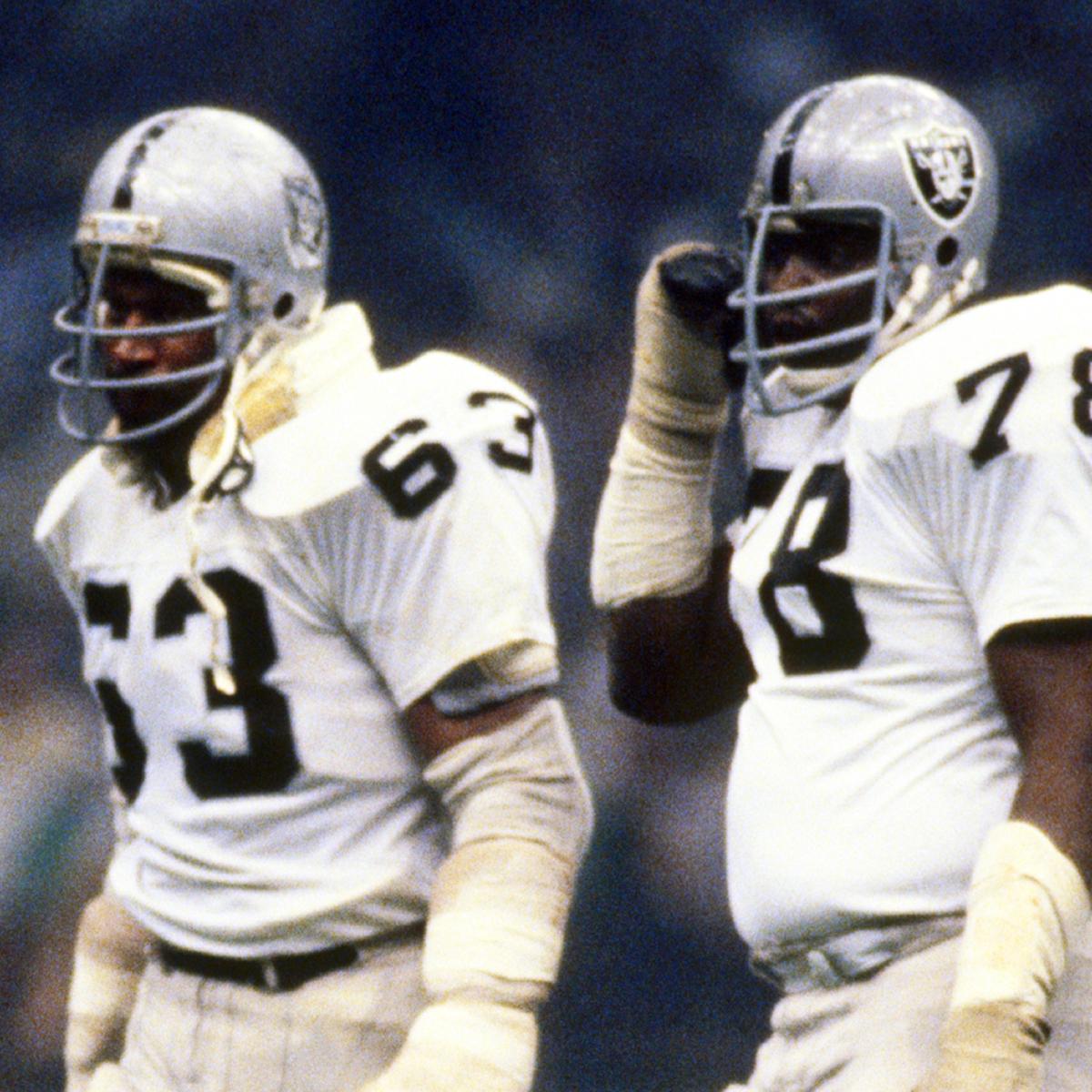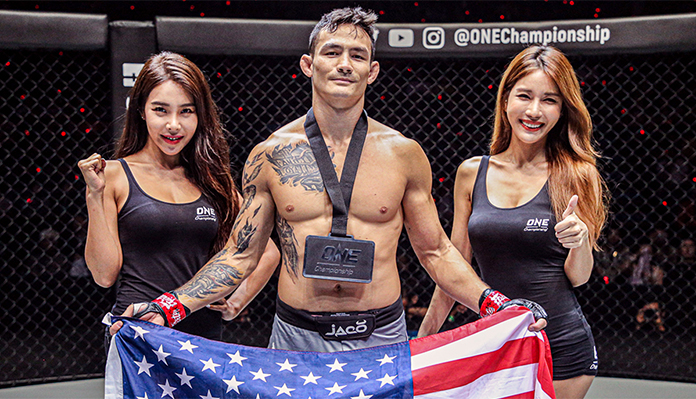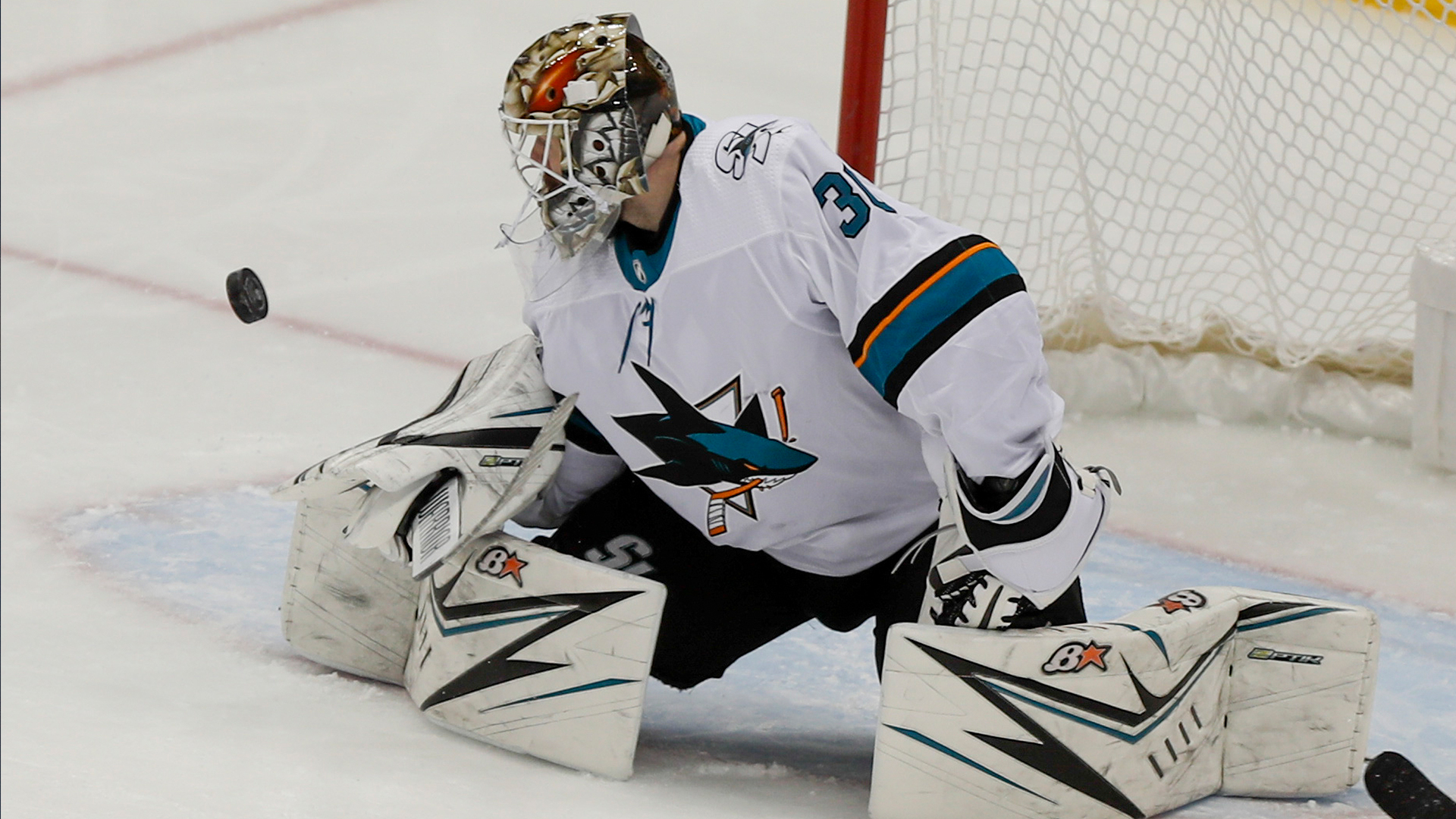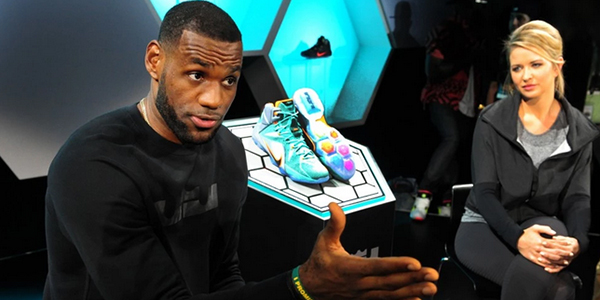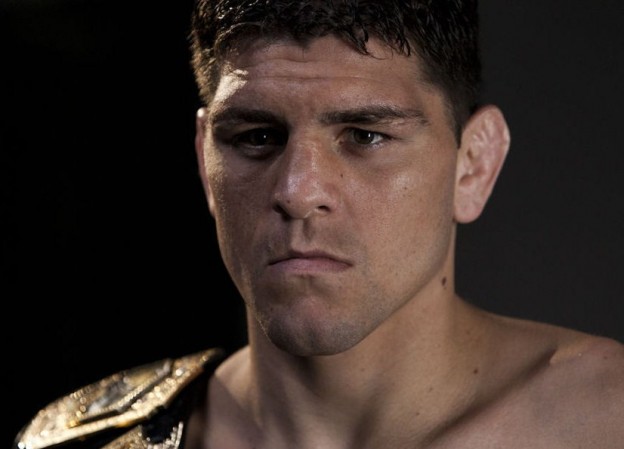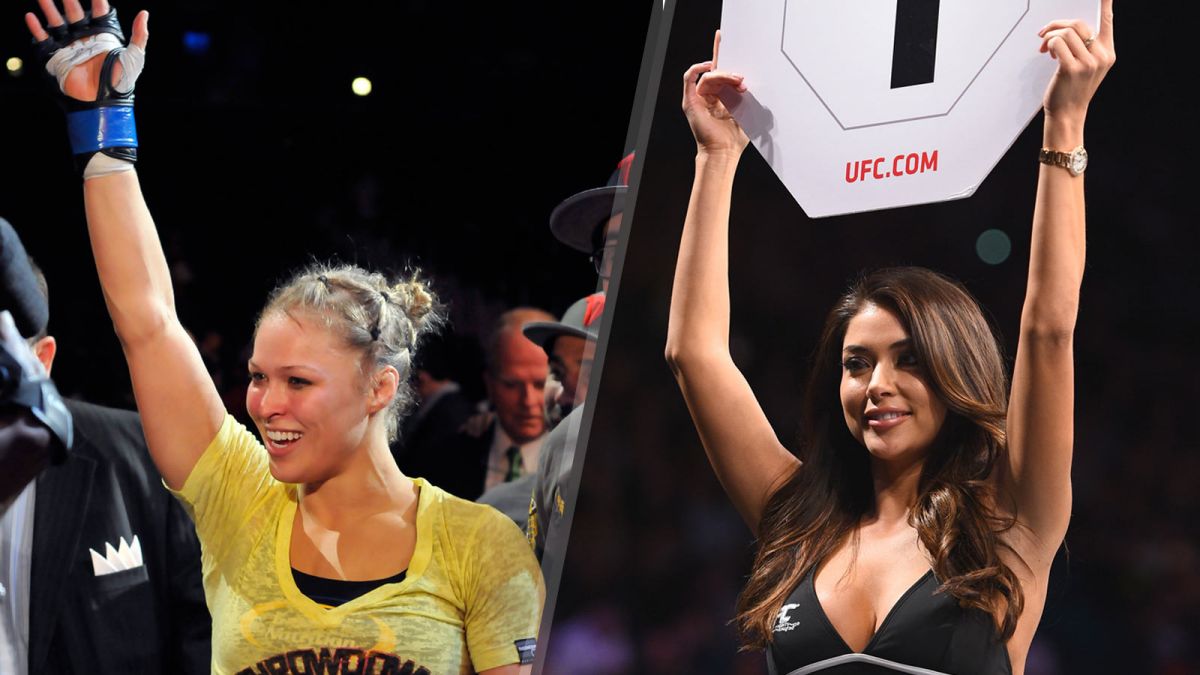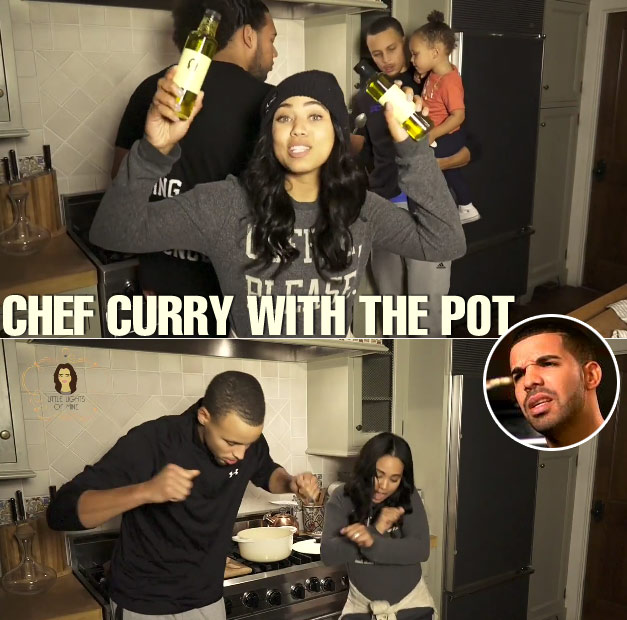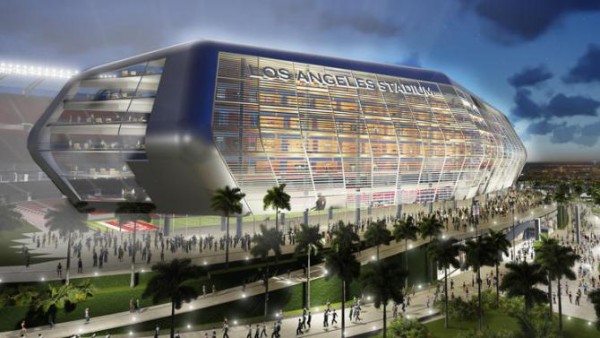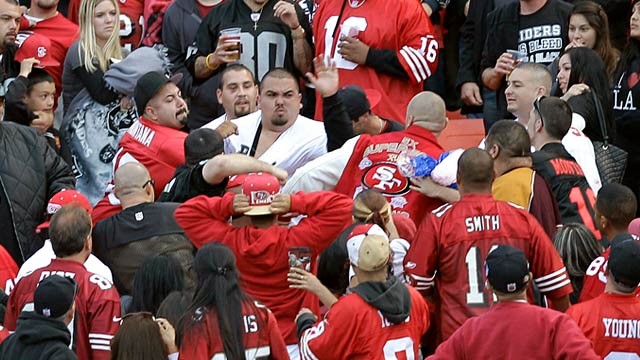In the longest, most uniquely grueling season in NBA history, the focus displayed by the Lakers through various tragic events separated them from the rest of the league.
LAKE BUENA VISTA, Fla. — On the night when the NBA’s most glamorous franchise won the league’s least glamorous championship, the sport’s biggest star did the grunt work. LeBron James had given self-care his best shot in the bubble. He had one of the two big suites on the Lakers’ floor at the Gran Destino, two doors down from Anthony Davis. He had a wine fridge in there, and a hyperbaric sleep chamber for his daily naps. But he did all of it so he would be ready for a night like this.
He guarded Heat star Jimmy Butler for long stretches of Game 6. He took hits to his midsection, and his face; he tried to draw a charge, failed, ran down the court, got the ball after a missed shot, turned around, thought he got fouled, didn’t get the call, and kept going. He scored 28 points, had eight assists, and grabbed 14 rebounds, including one when he simply rose above muscular Heat power forward Bam Adebayo and ripped the ball away. During his rare moments of rest, he sat on a gray Fit by Jake stability ball on the end of the Lakers bench, watching intently. He dove after a basketball with less than 6 minutes left and a 23-point lead. It was one of his easiest game nights in weeks.
AllLakers: Lakers Win Record-Tying 17th Championship
James knew this was his 95th day in the bubble—“I had a little calendar I was checking off,” he said with a laugh afterward—and he finished it with his fourth title, for his third franchise. He also won his fourth Finals MVP award. He does this so routinely that when he returned to the Lakers’ locker room Sunday, he stopped before anybody could spray champagne on him and said, “Where’s the goggles?”
James has so much success individually, and the Lakers have had so much historically, that it is easy to see James winning a title with L.A. as an inevitability. It was not.
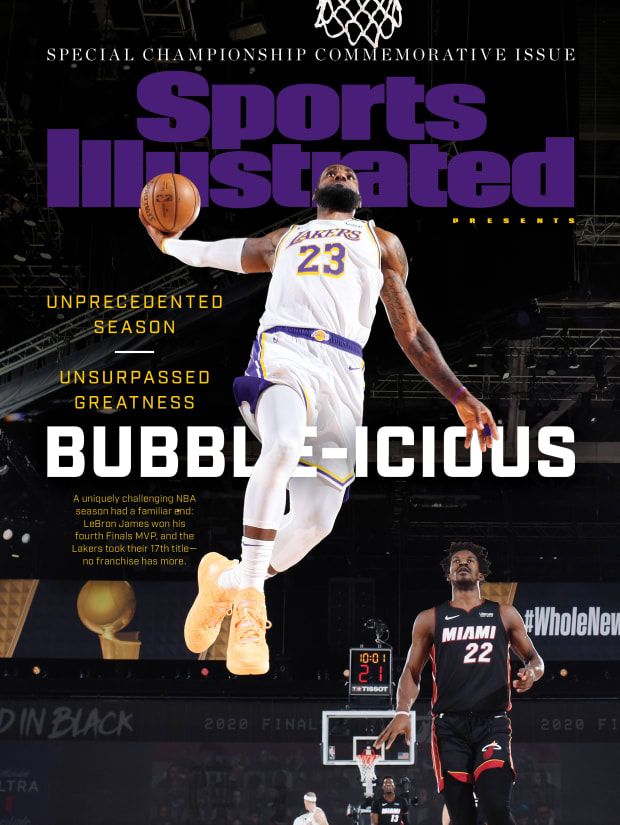
Lakers fans: Get SI’s special-edition L.A. Lakers 2020 NBA Champions commemorative issue here (pictured above) | SI Presents: Kobe Bryant Tribute issue
The Clippers, not the Lakers, were the preseason favorite for oddsmakers. The numbers geeks at FiveThirtyEight gave the Lakers a 14% chance of winning the title. SI had the Lakers as the fifth-best team in the league, with an anonymous scout saying, “They’ll be in the top half of the West, but I can see them winning a championship or taking an early playoff exit.” The Lakers were the fourth choice of an ESPN panel of experts.
They made a lot of choices that were fair to question at the time. The Lakers hired agent Rob Pelinka, with no executive experience, to be their general manager. James chose to join a non-playoff team at age 33. Pelinka traded two former No. 2 overall draft picks (Lonzo Ball and Brandon Ingram), the No. 4 pick in 2019, and two future first-round picks for Pelicans star Anthony Davis when Davis was just one year from free agency. The last time the Lakers acquired a star center a year from free agency, Dwight Howard in 2012, proved disastrous. As if to throw a middle finger at history, Pelinka followed the Davis trade by signing the aging Howard in free agency.
Pelinka settled on Frank Vogel to coach after failing to reach an agreement with Tyronn Lue, who won a title with James in Cleveland. The Lakers hired Hall of Famer and former head coach Jason Kidd to be Vogel’s lead assistant, sparking immediate speculation that Kidd would angle for Vogel’s job.
This was a season that nobody could have anticipated. The Lakers won, in part, because the choices they made for a happier world turned out to be right for this one.
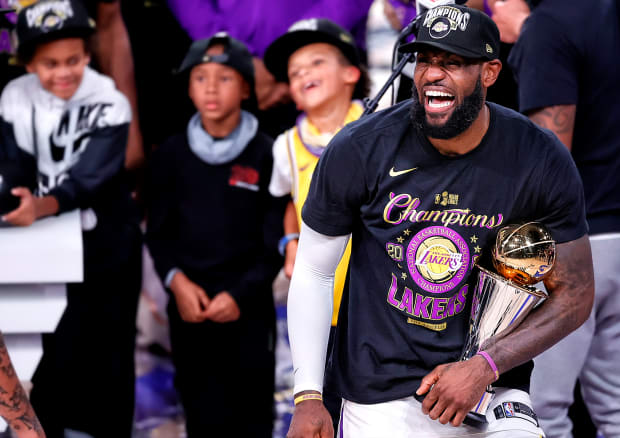
In December 2019, Lakers owner Jeanie Buss’s mother JoAnn passed away. As she grieved, Jeanie received a voicemail that was so thoughtful, she still has it on her phone. It came from Kobe Bryant.
Two weeks later, Buss ran into Kobe and his daughter Gigi at a Lakers-Mavericks game (Gigi loved watching Dallas star Luka Doncic) and Jeanie told him how much his message meant to her. Three days after that, longtime NBA commissioner David Stern passed away after a brain hemorrhage. Jeanie considered Stern “a very influential person in my life,” and she flew to New York in mid-January for his funeral service, at the end of a miserable few weeks, with no idea how much misery awaited.
On Jan. 26, the day after James passed Bryant on the all-time scoring list in Bryant’s hometown of Philadelphia, the Lakers were doing something they rarely do: sleeping on the team plane. Usually, somebody is playing music or cards or both. When they awoke, Kobe and Gigi Bryant were dead.
The tragedy was the Bryant family’s primarily, but it was not theirs alone. Pelinka was Bryant’s former agent and best friend. Almost everybody in the organization, from security guards to media-relations personnel, had a personal relationship with Kobe, except for some of the players—but he had an outsized influence on them. Jeanie worried the players were so devastated and distracted that one would get in a car accident on the way to the arena. She asked the league to postpone the Lakers’ next game.
Public mourning and private pain do not always mix, and the Lakers had to find ways to honor the Bryants without looking exploitative in any way. They wore Kobe-designed Mamba jerseys for every Game 2, because 2 was Gigi’s number. The salutes were all genuine, and people knew they were genuine, because of how close Bryant was to Pelinka. Pelinka says, “I still hear his voice in most of the decisions I make.” Sometimes he speaks of Bryant in the present tense: “He is not a micromanager, or a ‘Let me tell you what you should do’ friend at all. He’s more of, ‘I’m going to empower you to be great.’”
Pelinka still talks to Vanessa all the time. If something bothered her, he would be one of the first to know. He says of the team’s various tributes: “They happen organically and kind of at a spiritual level. I don’t think you can really architect anything around a tragedy like that. There’s no master plan, or ‘Let’s write thoughts down on a piece of paper and go with that.’ That’s not what this is about.”
Buss says, ““I don’t know if we’ve done things the right way. We have only done things that felt right in our heart.”
While Kobe’s family and friends coped with the loss of a loved one, and the public mourned the death of an icon, and, James dealt with a third kind of grief. LeBron and Kobe were longtime rivals, for both championships and the public’s affection, and they were far from close when they were both in the league. The Mamba Mentality does not call for hugging the enemy. But in recent years, the relationship improved. After Bryant played in Cleveland for the last time, he had signed his jersey and gave it to James’ agent, Rich Paul. Sometimes Bryant would sit next to Paul at Lakers games.
James started to see Bryant as one of the few people in the world who could understand what it was like to be him. In sports, heated personal rivalries don’t stay heated forever. Bryant had mended his relationship with Shaquille O’Neal, and James had returned to Cleveland four years after owner Dan Gilbert’s infamous letter trashing him. Kobe was gone before a true friendship with James could fully form.
“It was trending that way, for sure,” Paul says. “And that’s what sucked about it. [LeBron] was just distraught … it took a while to come out of that funk. A long time. Honestly, I don’t even know if he’s still out of it. I don’t know for sure.”
James honored Bryant with a tattoo and a promise: He would lead the franchise, the way Bryant did. But he barely had time to do it. Sixteen days after a service for the Bryants at Staples Center, the NBA suspended its season because of the pandemic.
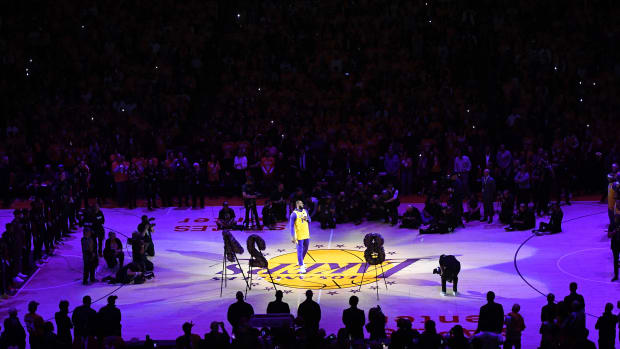
Pelinka was in the Lakers’ practice facility in El Segundo, Calif., when he heard the news. He immediately told his executive assistant, Sam Usher, “I don’t think there’s gonna be a path to finish the season.”
The NBA paved a path, of course, but two Lakers never got on it. Defensive stopper Avery Bradley, who had started 44 of the 49 games he played, opted out of the restart to be with his family. Assistant coach Lionel Hollins stayed home because he was deemed high-risk. Hollins’ departure left Vogel with one former NBA head coach on his bench: Jason Kidd.
The Lakers arrived in Orlando with a 49-14 record, best in the West, driven by the most top-heavy roster of any contender. James and Davis each made first-team All-NBA, but the rest of the team was mostly comprised of role players or stars past their prime. For this to work, the pieces had to fit.
Davis had arrived in L.A. after firing his agent, hiring James’s agent (Paul), requesting a trade, and allowing Paul to say publicly that he would not sign an extension, scaring off potential suitors. It was obvious that he wanted to join James on the Lakers. But the Lakers still had to make the deal.
As a former agent, Pelinka has decades of experience pleasing stars, and he does not shy away from James’ influence on the roster: “It’s definitely a collaborative approach, because I mean, he’s the basketball savant. When I process decisions, I like to do a lot of listening at the front end. And of course he’s a primary voice. But then you’ve got to make the decision and you got to own it.”
Pelinka was sure he wanted to make the deal: “I think that when you have a chance to get the unicorns in the game, you have to go for it. That’s why we all do what we do. It’s really hard to get to the end and win a championship unless you have unicorns on your team. There was really no hesitation on my part.”
Buss was warier. She gets nervous during practices just because she doesn’t want anybody to get hurt, and she says, “I’m not that cutthroat person that’s all about ‘Win, win, win, me, me, me, whatever it takes, I don’t care who is crushed in the process.’ One of the hardest things for me to do is to trade away a player. I adore Brandon Ingram and Josh Hart and Lonzo Ball.”
Buss’s late father, Jerry, had urged her to learn to play poker, one of his passions, because of what the game would teach her. He said most poker players get too aggressive, trying to create what isn’t there, but “when you do get the cards,” Jeanie says, “you have to go from zero to 100 in a snap of the fingers.” She never got very good at poker. But she knew was a chance to go from zero to 100.
With Davis in the fold, Vogel maximized the team’s strengths: its stars, and its defensive versatility. He created substitution patterns so either James or Davis was on the floor almost all the time. He had James play primarily at point guard for the first time in his career, to allow everybody else to play off of him, and allowed James to steer the offense.
And Vogel, like Pelinka, welcomed James’s influence instead of resisting it. When James was hurt, Vogel invited him into coaches’ meetings. Vogel did not try to over-impose his authority. He just coached the team.
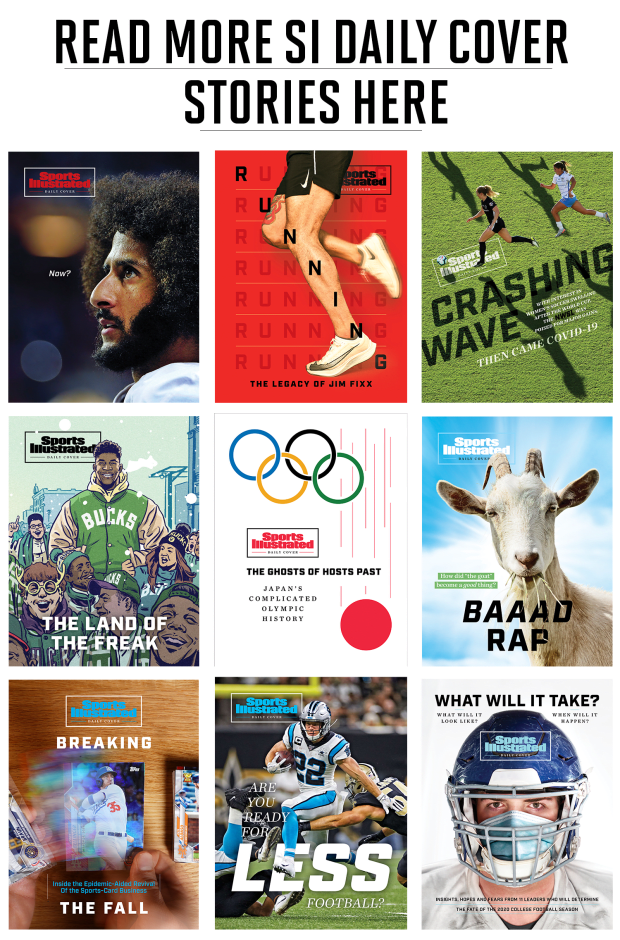
The Lakers lost four of their first six games after the restart, as everybody felt their way around. Bubble games were played in small arenas, with only a few spectators, no road games, and simpler shooting backgrounds. As one might expect, field goal and free-throw percentages were a little higher than before the restart. More telling, though: Teams fouled more often, as defenders often do when they are a step slow. Teams stole and deflected fewer balls, and yet turnovers went up slightly. That tells a story: Players struggled to summon the energy for the game’s grunt work or the concentration for crisp basketball.
The teams that advanced would not just play the best basketball; they would play the best bubble basketball. Three months together in one hotel can make a group of people want to strangle each other, or it can make them grow closer. It is no coincidence that the two teams that grew closest were the last two standing. The Heat has some young players (with more natural energy and fewer people at home to miss) and a culture made for any grind. The Lakers had their own advantages.
Because James likes to help build his teams instead of just star for them, he takes a leadership role that goes beyond just exhorting guys to play hard. Teammates marvel at how he remembers everybody’s name, their kids’ names, what’s going on in their families’ lives. (At the first timeout of Game 1 of the Finals, James walked back to the huddle and told his teammates, “We got the president in the house.” He had noticed Barack Obama in the virtual stands.) He would not allow them to lose their competitive edge like the Bucks and Clippers did.
In the bubble, James was part superstar, part concierge. Most players in the bubble hung out in a lounge at the hotel, but L.A. reserve Jared Dudley says, “You didn’t see Laker players (there) … maybe one or two players, for the most of it. We do our own lounge.”
The first sign that the Lakers were made for the bubble came after their first exhibition game of the restart, against the Mavericks. They went to Anthony Davis’s suite and watched the Snoop Dogg vs. DMX Verzuz Battle together. It was not an organized team-building exercise; it just happened. They started holding pool barbecues, trivia night, and Monday Night Football and UFC viewing parties—often in James’s and Davis’s suites, but sometimes in the team’s meal room and film room.
SI Covers: Get your Los Angeles Lakers NBA championship cover here
Everybody wanted to get away, but nobody wanted to get away from each other. Lakers guard Rajon Rondo broke his thumb in July and left the bubble; when he returned and had to quarantine, his teammates kept talking to him through his hotel-room door, to make him feel connected. When he got out, they drank wine with him in the hallway. It was a long way from bottle service at the club, but it was all they could do. The Lakers were not the only team that hung out together, of course, but they did so in unusually large clusters: eight to 10 players together, instead of four or five.
The Lakers started most days by walking across a pedestrian bridge to eat breakfast at Three Bridges Bar and Grill. After games, they would grab a bite to eat … at Three Bridges Bar and Grill. They got through the slog in part because James wanted four rings, Davis wanted his first, and they were as productive together as any pair of teammates since Kobe and Shaq.
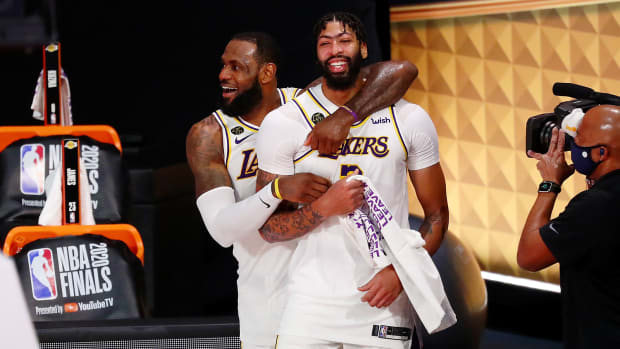
The NBA did a marvelous job of erecting the bubble, but those inside were constantly conscious of the fact they could never leave. Enough players mentioned “exhaustion” in interviews that Buss finally asked a psychologist: With no travel, and limited activities, why were professional athletes speaking of exhaustion? She was told that the lack of stimulation could leave people exhausted.
Exhaustion and anger are a combustible combination, and NBA players stopped their season again in late August, in the wake of the Jacob Blake shooting in Wisconsin. That night, players had heated conversations about social justice and the purpose of basketball, centering on the question: Why are we even here?
Prominent players spoke. So did Kidd.
The Lakers were lucky to have him after all. As a Hall of Fame player and one of the smartest point guards in history, Kidd garnered a different kind of respect that night than a white career coach like Vogel could. Kidd told the players to weigh the options. He said if their hearts were not in it, maybe they shouldn’t play. James asked his teammates to think about what they were standing for and why. The Lakers took an informal vote, which was reported as a vote to end the season, but that wasn’t quite right. It was more of a vote that they were willing to end the season if that’s what most players in the bubble wanted to do.
The next morning, Pelinka met Kidd for coffee. Pelinka said he had been up until 2 or 3 a.m. Kidd said he did not get back to his own room until 5. Neither man knew if the season would resume.
Years ago, Jeanie Buss would tease former Bulls and Lakers coach Phil Jackson by asking the same question everybody else asked: Who was better—Michael Jordan or Kobe Bryant? Jackson told her he thought the kid in Cleveland might end up being the best ever, because of his uncommon strength and extremely high basketball IQ. All he needed, Jackson said, was the right coach to get him there. James found that coach in Miami, when he played for Erik Spoelstra.
The LeBron James who beat Spoelstra in the 2020 Finals was everything Jackson could have dreamed he would become. Most players saw the bubble as a necessary evil, an annoyance, or a science experiment. James saw it first and foremost as a place where he could win a championship. “Once I got inside here, I said, ‘OK, this is my mission,’” he said Sunday night. “It was hard for me to focus on other teams and what other players were feeling. I didn’t engage in that. I didn’t look for it. I wanted to keep my energy in the right space.”
James has danced with the legacy question for years. In his first year in Miami, he said he was keeping track of everybody who ripped him for leaving Cleveland. After winning his second championship with the Heat, he struck a gentler tone, telling the media, with a cigar in his mouth, “I will see you guys when I see you guys. And please continue to motivate me. I need you guys. Thank you.” In 2016 he said, knowing an SI writer was within earshot: “My motivation is this ghost I’m chasing. The ghost played in Chicago.”
James talked Sunday night about “little rumblings of doubt” that fuel him, but they don’t seem to consume him. Paul says, “once he won the championship in 2016, I think he really settled … I mean, he didn’t stop wanting to compete and win, which was a narrative that was put out there that was totally false. But I think he stopped worrying about what critics had to say, because it didn’t matter at that point.”
This was arguably James’s most difficult title run, but it was also the one that came most naturally to him. He connected with Davis better than any co-star except Dwyane Wade. He saw the value in former G-Leaguer Alex Caruso and supposedly washed-up Dwight Howard and Rajon Rondo. When Vogel subbed Caruso in for Howard in Game 6, there was no chance of Howard complaining, because that’s not how LeBron James teams operate these days. The move worked brilliantly, spurring a Game 6 blowout.
In the final minute of Game 6, Vogel hugged Pelinka and Kidd simultaneously. When commissioner Adam Silver handed James the Finals MVP award, the first person to hug James was Davis. The Lakers were ready for their celebration … at Three Bridges, of course.
Artistry courses through history: From Leonardo Da Vinci studying how hummingbirds moved and breathed before painting them … to Kobe Bryant learning that about Da Vinci and speaking passionately about the importance of details to anybody who would listen … to Bryant’s best friend, Rob Pelinka, deciding that with teams limited to traveling parties of 35 people in the bubble, he would personally stick a hand in the face of Danny Green and Kentavious Caldwell-Pope when they practiced shooting, to prepare them for the contested shots in games. Pelinka says: “It goes back to mastering the details, but also just serving the guys.”
On one late possession Sunday, wearing Michael Jordan’s number for Kobe Bryant’s team, LeBron James set a screen, looked to set another, then grabbed a pass for an easy dunk, which he punctuated by slamming his free hand against the glass. He was called for a technical. He thought that was silly. Moments later, he hit a long jumper, yelled in celebration to the family and friends in the stands, and then he turned and barked at Caldwell-Pope to play defense. The game was long decided. Nobody had to play defense. That was the point.
——————-

